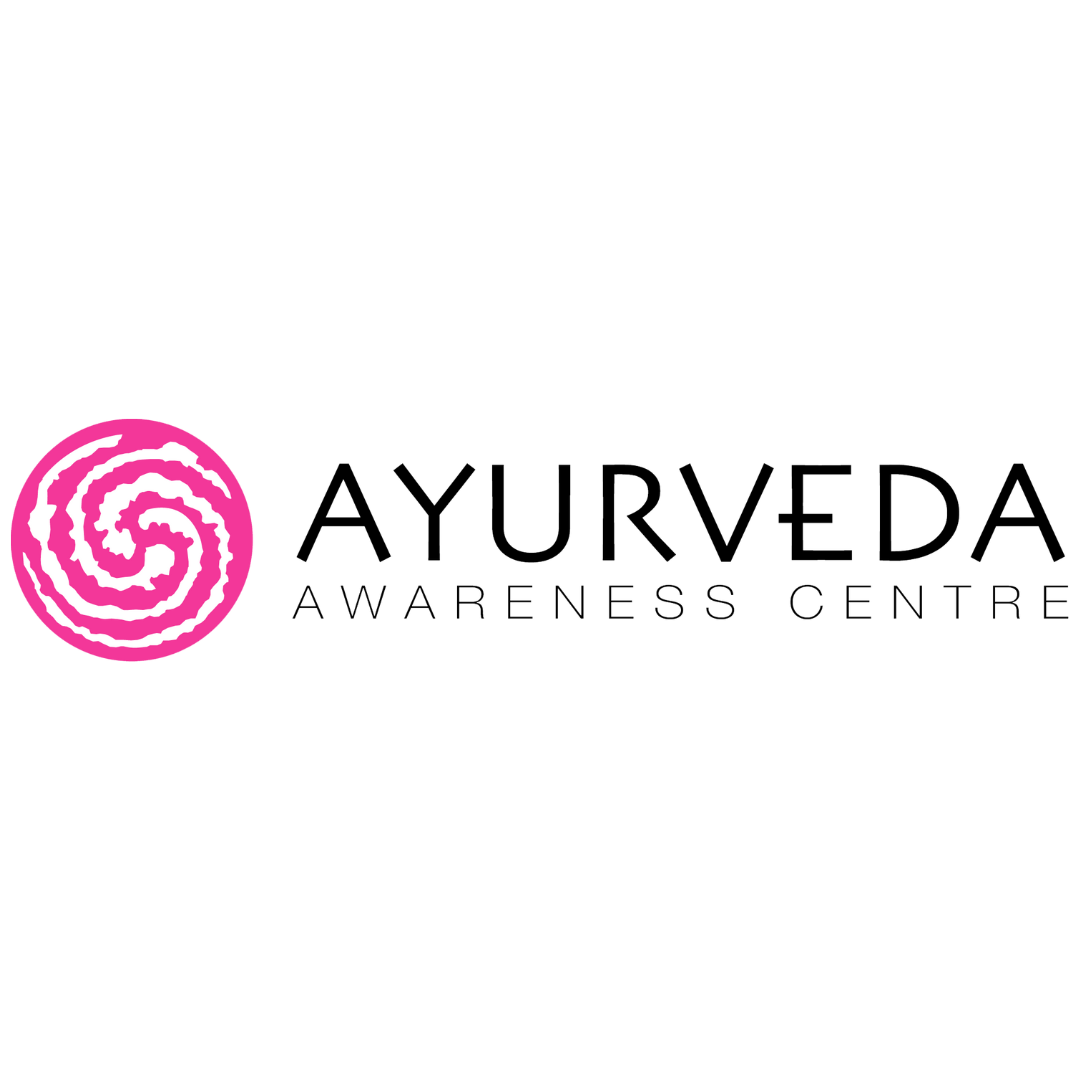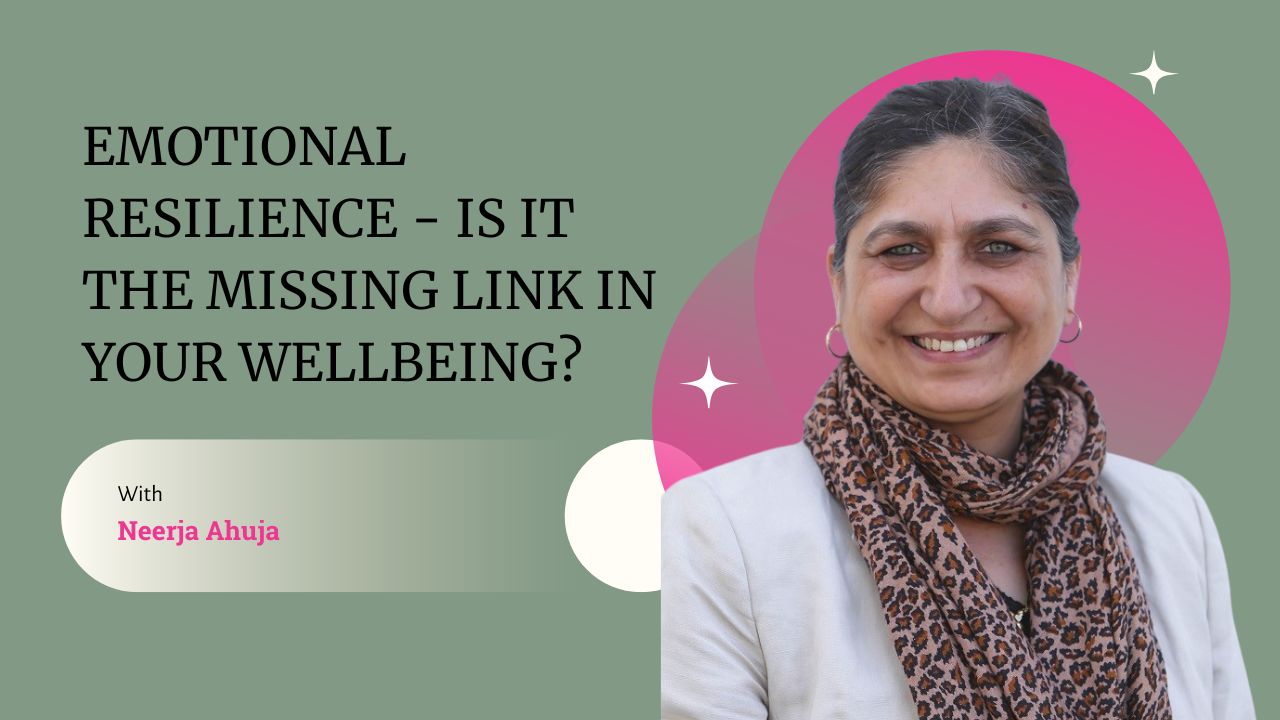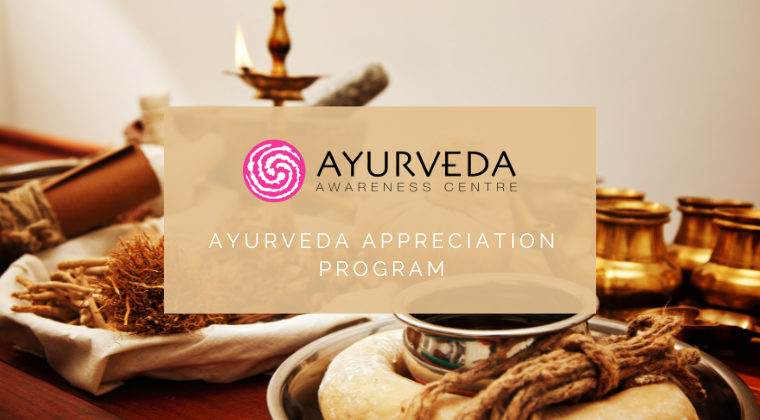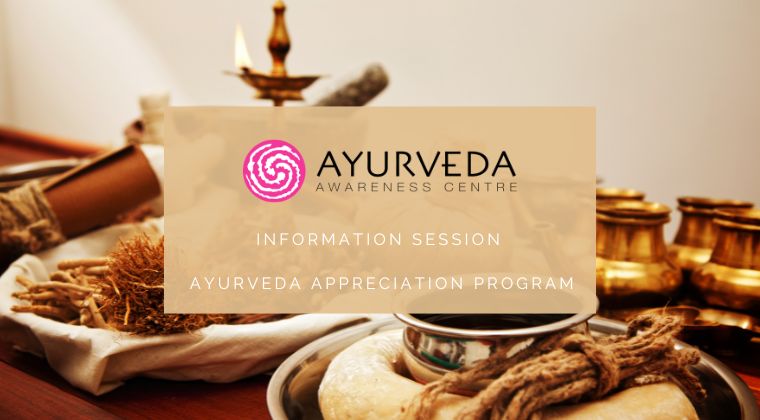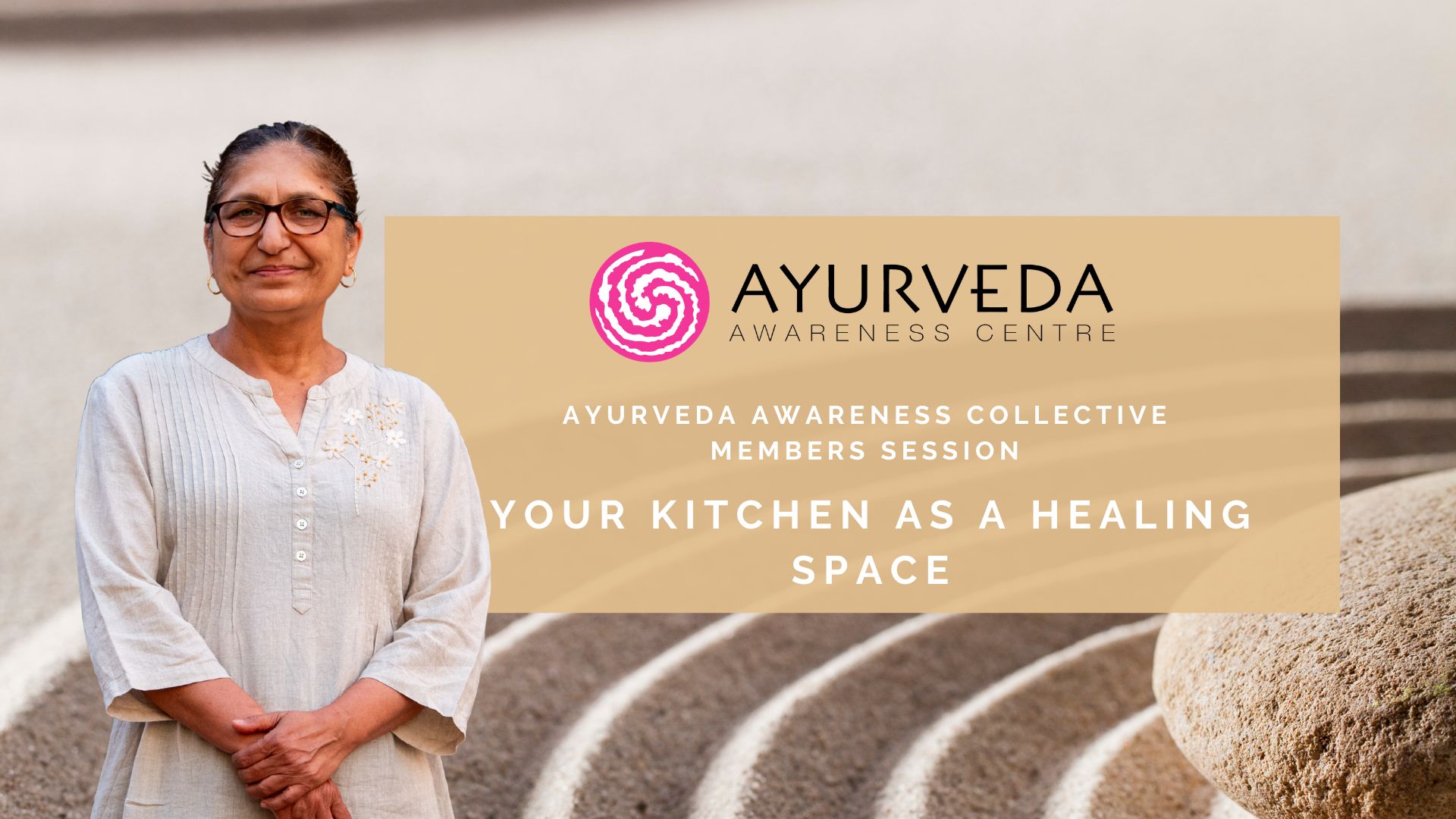When it comes to immunity, most people think of the physical body, white blood cells, supplements, and gut health. However, Ayurveda, the ancient science of life, teaches that immunity is shaped not only by what you eat or how you sleep, but also by how you feel.
In Ayurveda, your emotional health is inseparable from your immune strength. The mind and body are seen as two sides of the same coin. When your emotions are balanced and your inner world is calm, your physical health naturally flourishes. But when you’re anxious, overwhelmed, or carrying unresolved emotions, your immunity can quietly begin to suffer.
Let’s explore how Ayurveda understands this mind-body connection and how emotional resilience becomes a foundation for lasting wellbeing.
Emotions Live in the Body
Emotions are not just fleeting experiences—they leave a trace. Joy can energise you. Grief can sit in your chest for days. Anxiety may show up in your stomach before a meeting. Ayurveda recognises that emotions don’t just affect your mind, they live in your body.
When emotions are not processed, they create subtle imbalances in the doshas, Vata, Pitta, and Kapha which then disturb digestion, weaken sleep, generate toxins (known as Ama), and deplete Ojas, the vital essence responsible for deep immunity.
- Fear and worry aggravate Vata, leading to insomnia, restlessness, and irregular digestion.
- Anger and frustration disturb Pitta, causing inflammation and a sharp, reactive mental state.
- Grief and emotional heaviness increase Kapha, which can lead to lethargy, low mood, and a sense of stagnation.
These imbalances don’t just feel unpleasant, they place stress on your system. Over time, this can leave you physically depleted, even if you’re otherwise eating well and exercising.
Stress Looks Different for Everyone
Each dosha also has a typical stress response. Recognising your tendency can help you respond more compassionately.
- Vata types (light, airy, changeable) often feel anxious, scattered, or overwhelmed under pressure. They may lose their appetite or have trouble sleeping.
- Pitta types (intense, focused, fiery) tend to become irritable, frustrated, or overly driven. They may push through pain, ignore rest, or experience inflammation.
- Kapha types (stable, calm, earthy) may withdraw, feel emotionally heavy, or resist change during emotional stress. They might feel unmotivated or stuck.
These are natural responses, but when left unchecked, they wear down emotional and physical immunity alike. Awareness is the first step to restoring equilibrium.
The Digestive Fire of Emotions
Just as you have Agni, the digestive fire for food, you also have emotional Agni, your ability to process feelings and experiences.
When emotional Agni is strong, you can reflect, feel, release, and return to a calm state. When it’s weak, emotions linger in the system as emotional Ama or undigested mental residue that clouds your clarity and drains energy.
You might notice:
- Mental fog
- Mood swings
- Difficulty sleeping
- A sense of heaviness or disconnection
- Frequent colds or burnout without a clear cause
Ayurveda teaches that strengthening your emotional digestion is just as important as tending to your physical digestion, both are pillars of strong immunity.
Ayurvedic Practices to Strengthen Emotional Immunity
Building emotional immunity isn’t about avoiding feelings. It’s about developing the capacity to hold and move through them.
Here are some time-tested Ayurvedic practices to support your emotional health
- Start your day with stillness
A few minutes of meditation, breathwork, or journaling helps settle the nervous system. This gives your emotions a safe space to move and be felt, rather than stored. - Practise Yoga Nidra
This guided relaxation technique supports deep emotional healing and nervous system regulation. It’s especially helpful for those holding chronic stress or emotional fatigue. - Keep a steady daily rhythm
Ayurveda thrives on regularity. Fixed mealtimes, sleep schedules, and mindful routines help stabilise your energy and emotions. Predictability calms Vata and supports resilience. - Eat to digest emotions
Food has emotional impact. Warm, nourishing, cooked meals—especially sattvic foods like seasonal vegetables, ghee, and grains—soothe the mind and ground scattered energy. - Express, don’t suppress
True resilience isn’t about pretending you’re okay. Speak to someone you trust, write, cry, dance, walk—it all helps clear emotional residue and prevent stagnation. - Curate your sensory world
Your emotional health is shaped by what you take in. Choose calming music, gentle lighting, natural scents, and beauty in your space. Limit news and screens, especially in the evening. - Consider herbal support
Adaptogens like Ashwagandha, Tulsi, and Brahmi can support emotional resilience gently. Always consult a qualified practitioner before use.
Emotional Strength Is a Form of Immunity
Building emotional immunity doesn’t mean you’ll never feel overwhelmed. It means having the tools and inner strength to return to centre, even when the world is chaotic.
In Ayurveda, emotions are not obstacles—they’re guides. They show us where we’re out of balance and offer pathways to self-awareness and healing. When you learn to digest your emotions with clarity and grace, your entire system benefits – your digestion, energy, clarity, and yes, your immunity.
So today, instead of asking only how is my body, ask also
- How is my heart?
- Where do I need to soften?
- What can I allow myself to feel?
Because when you support your emotional world, you support your whole being from the inside out.
